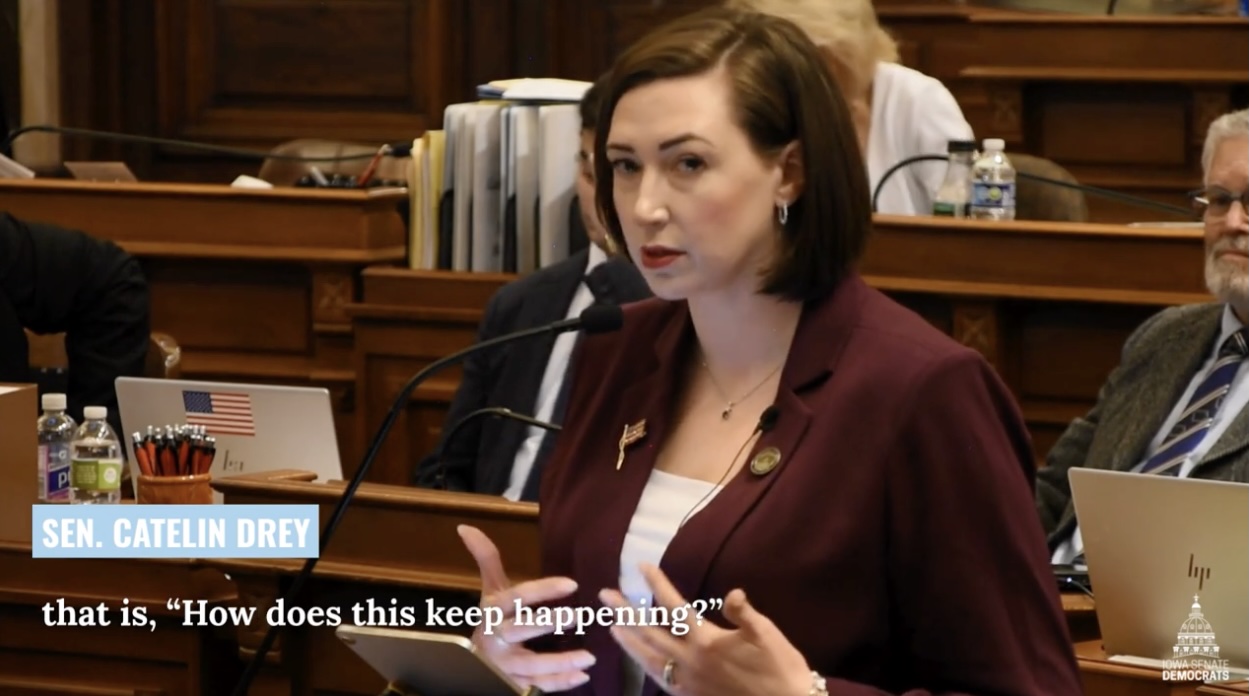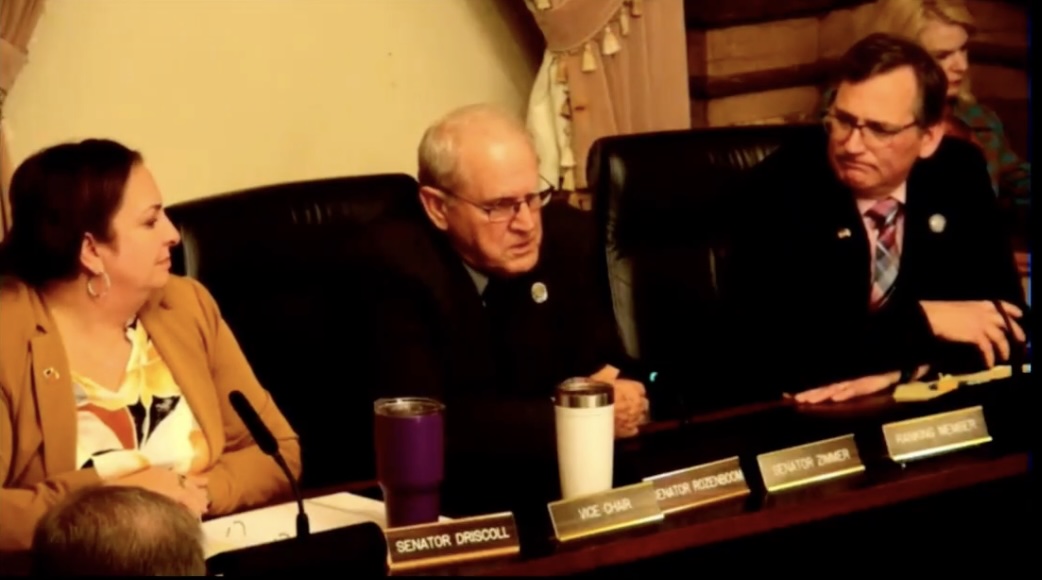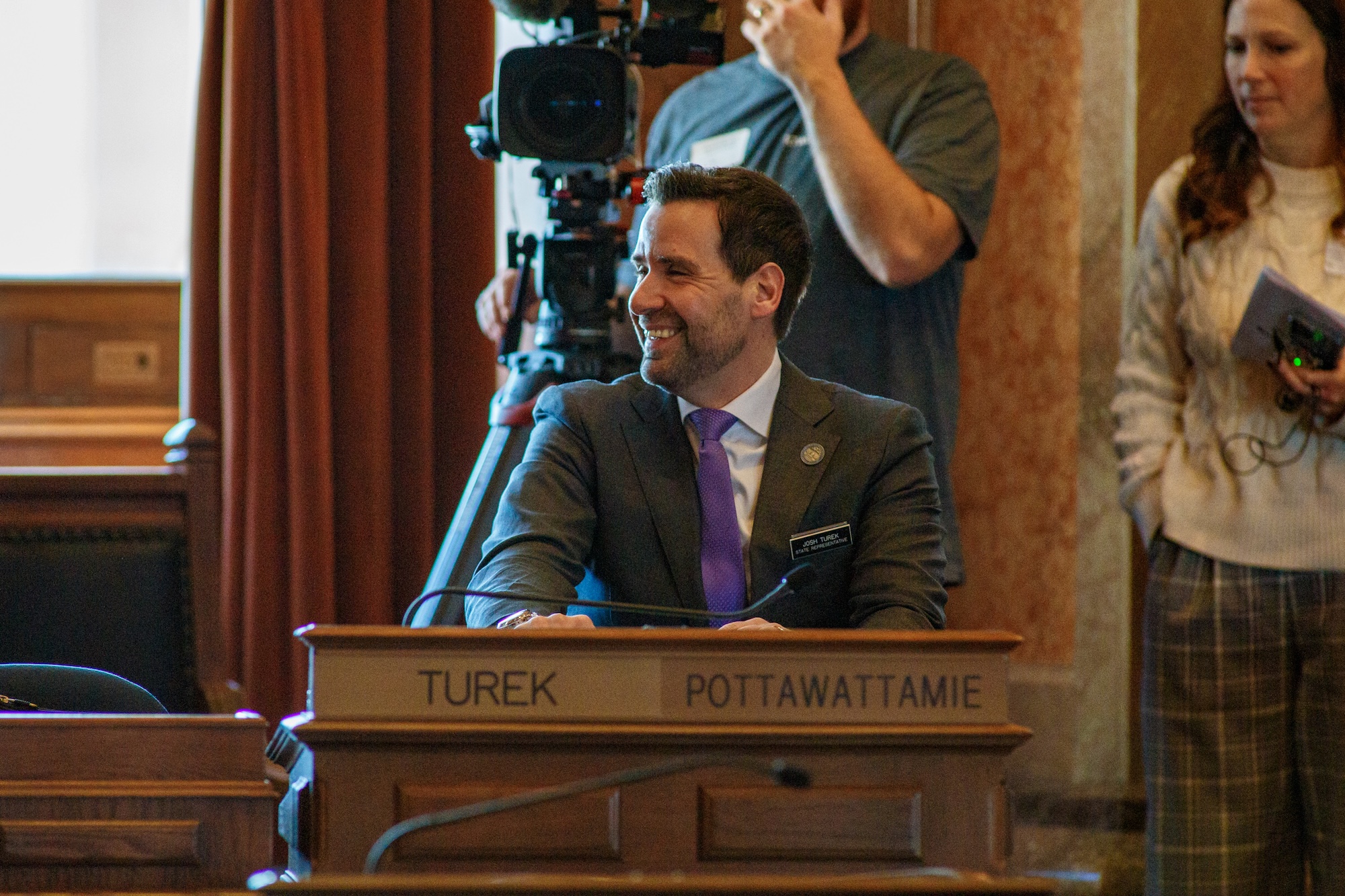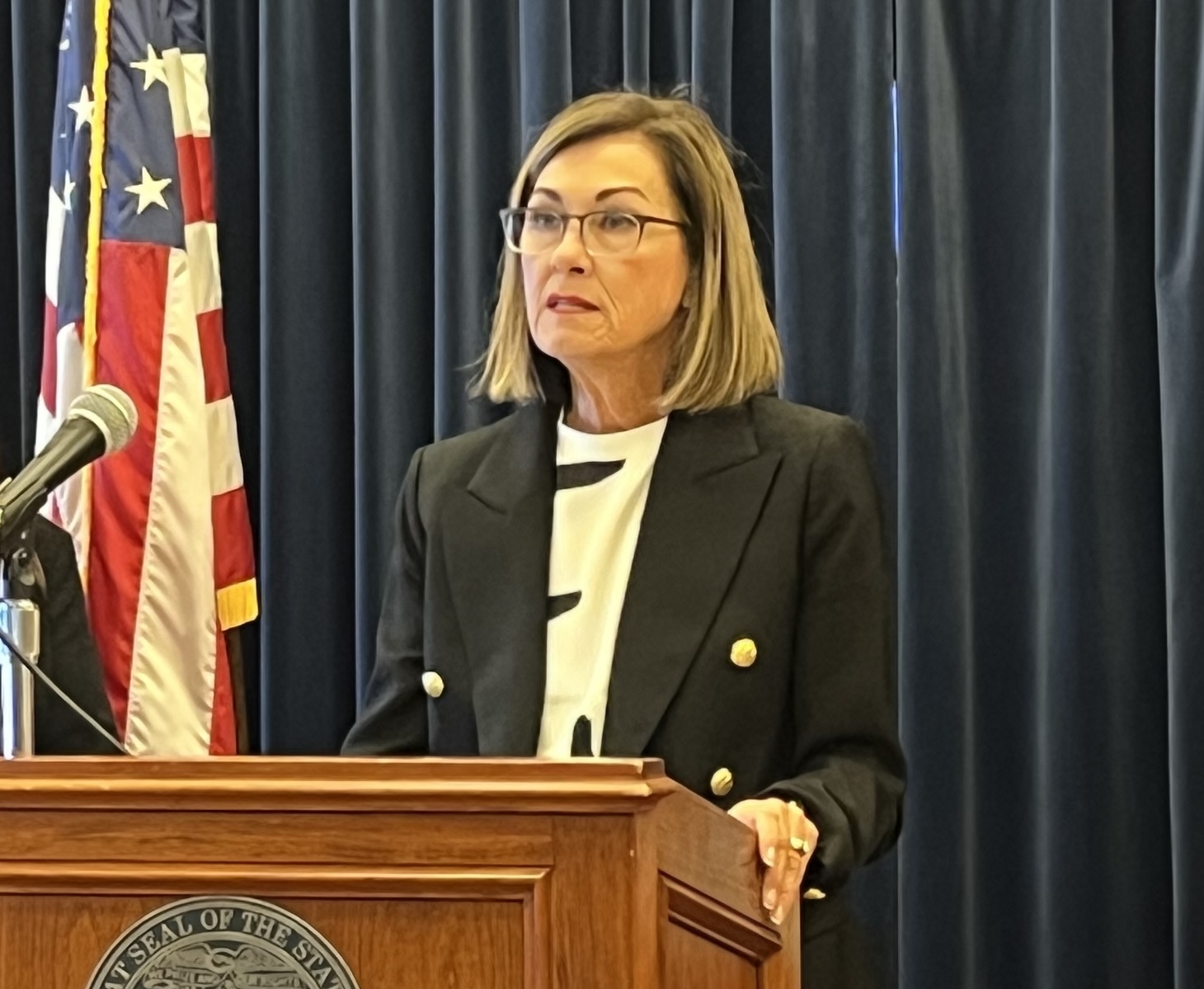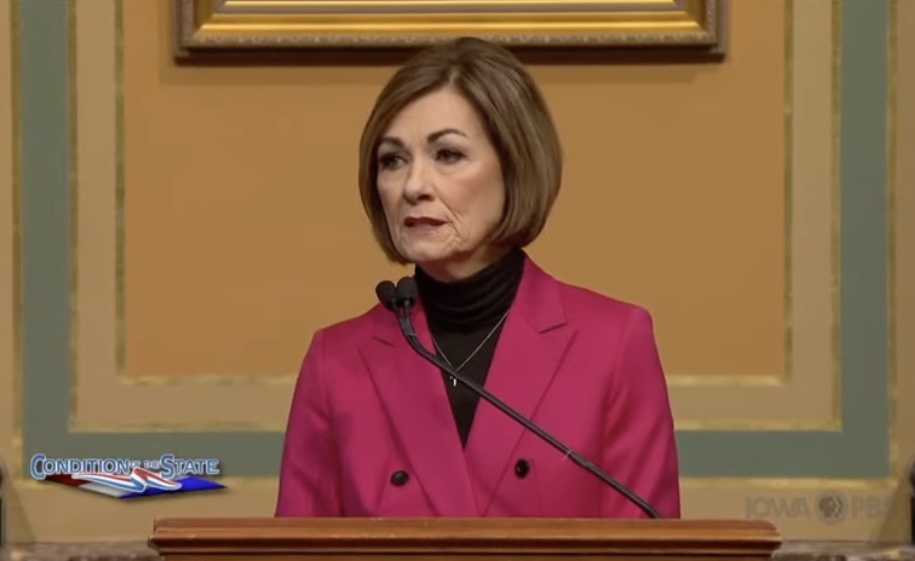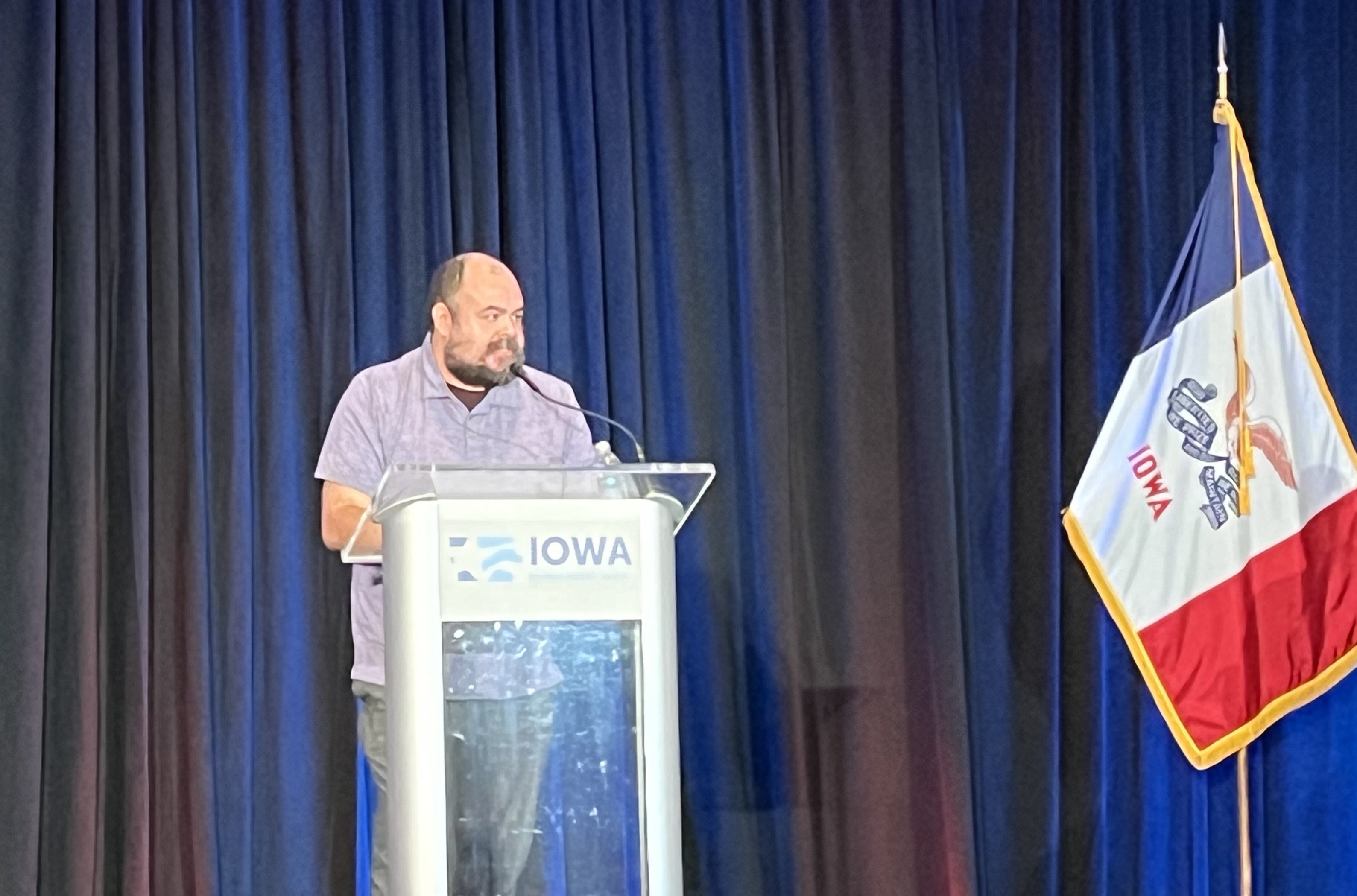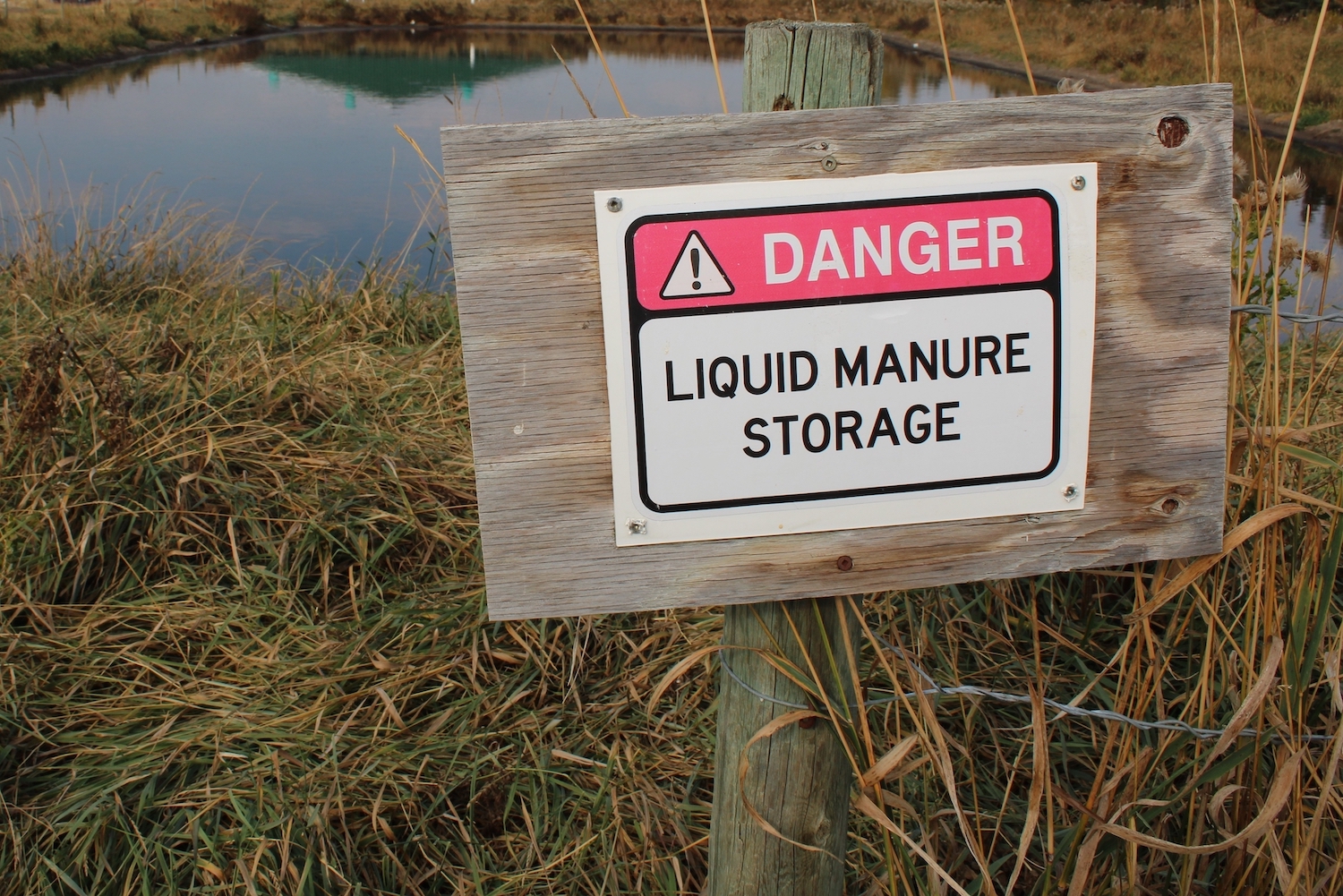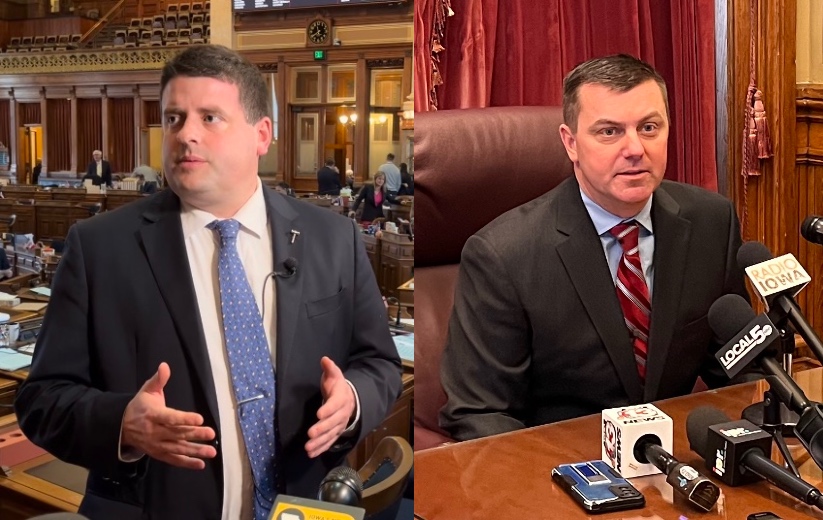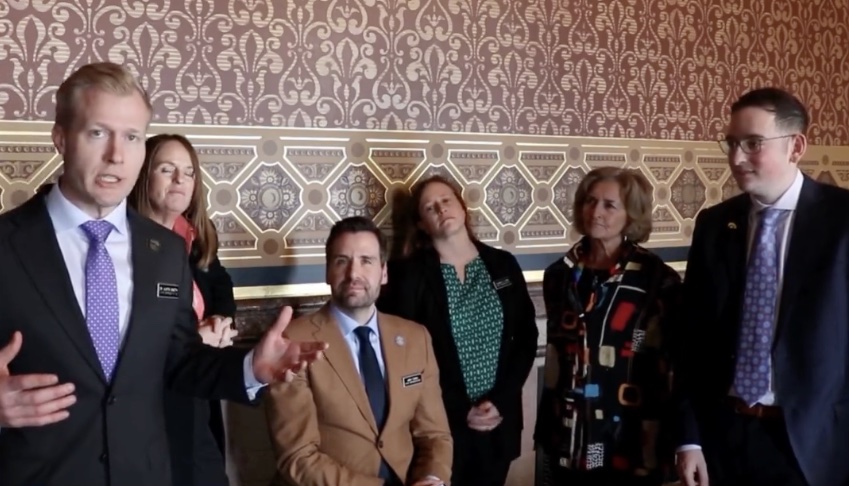Yet another study has found that exposure to the weed-killer atrazine is associated with a higher rate of a birth defect:
Living near farms that use the weed killer atrazine may up the risk of a rare birth defect, according to a study presented this past Friday [February 5] at the annual meeting of the Society for Maternal-Fetal Medicine in Chicago.
About 1 in 5000 babies born in the U.S. each year suffers from gastroschisis, in which part of the intestines bulges through a separation in the belly, according to the March of Dimes. The rate of gastroschisis has risen 2- to 4-fold over the last three decades, according to Dr. Sarah Waller, of the University of Washington, Seattle, and colleagues. […]
The researchers looked at more than 4,400 birth certificates from 1987-2006 – including more than 800 cases of gastroschisis — and U.S. Geological Survey databases of agricultural spraying between 2001 and 2006.
Using Environmental Protection Agency (EPA) standards to define high chemical exposure levels in surface water, they found that the closer a mother lived to a site of high surface water contamination by atrazine, the more likely she was to deliver an infant with gastroschisis.
The birth defect occurred more often among infants who lived less than 25 km (about 15 miles) from one of these sites, and it occurred more often among babies conceived between March and May, when agricultural spraying is common.
A separate study published last year in the medical journal Acta Paediatrica compared monthly concentrations of “nitrates, atrazine and other pesticides” in the U.S. water supply with birth defect rates over a seven-year period. The researchers found, “Elevated concentrations of agrichemicals in surface water in April-July coincided with higher risk of birth defects in live births with [last menstrual periods in] April-July.” The association was found for “eleven of 22 birth defect subcategories” as well as for birth defects as a whole.
The European Union banned atrazine in 2003 because of groundwater contamination, but tens of millions of pounds of the chemical are still sprayed on American farms. It has been proven to enter the water supply and is correlated with increased rates of breast and prostate cancers.
During the Bush administration, the U.S. Environmental Protection Agency maintained that atrazine had no detrimental effects in humans. But in a policy shift last October, the EPA announced that it would ask the independent Scientific Advisory Panel to conduct a thorough scientific review of atrazine’s “potential cancer and non-cancer effects on humans,” including “its potential association with birth defects, low birth weight, and premature births.” The panel will also evaluate research on “atrazine’s potential effects on amphibians and aquatic ecosystems.” Conventional agriculture groups aren’t waiting for the results of the review; they are already lobbying the EPA not to restrict or ban the use of atrazine.
I’d have more respect for the “pro-life” movement if they supported restrictions on chemicals that threaten babies in the womb. I don’t think I have ever heard an anti-abortion activist railing against atrazine or pesticides that can cause spontaneous abortions, though.
Continue Reading...

